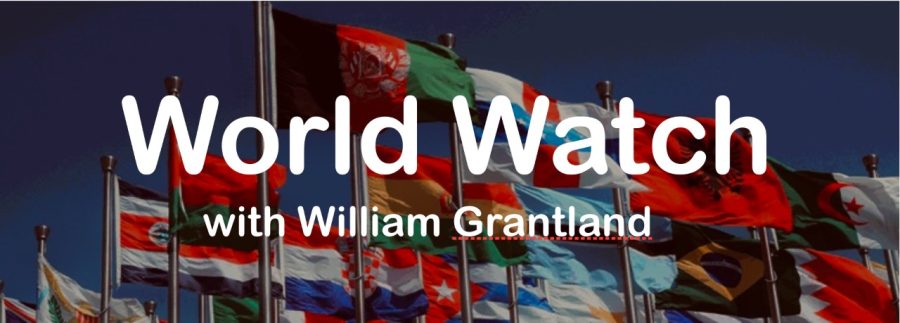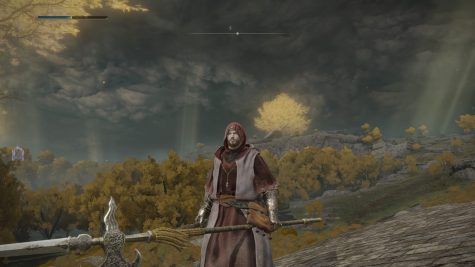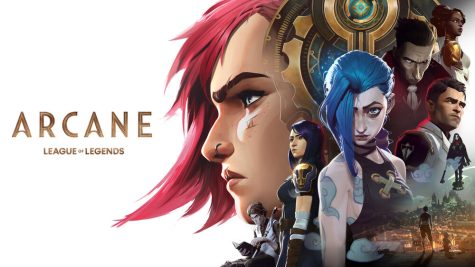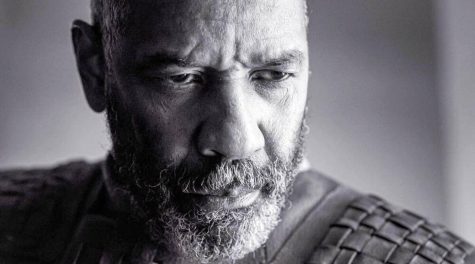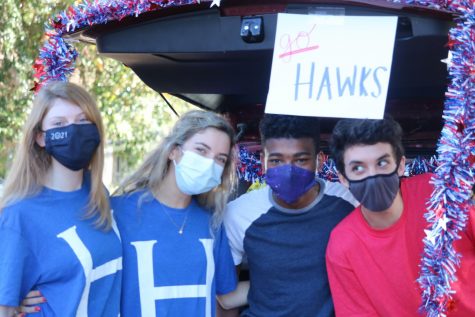World Watch: The Situation in Ukraine
The Situation
After months of escalation, Russian president Vladimir Putin began an invasion of Ukraine on February 23, 2022, dubbing it a “special military operation” to “demilitarize” the country.
Shortly following this announcement, loud explosions were heard in the Ukrainian capital, Kyiv, along with several other Ukrainian cities, kicking off the violence that has continued since.
Prior to the invasion, Putin delivered a lengthy address on state television that offered justification for a Russian claim on Ukraine’s territory. His arguments, which were ripe with historical inaccuracies and strange rhetorical buzzwords, described his view of the history of Ukraine and the current geopolitical situation in the region. He ended the address by falsely claiming a Ukrainian military assault on Ukraine’s separatist regions of Donetsk and Luhansk, saying, “Now, almost every day, they are shelling settlements. They have amassed large troops. They are using vehicles and other heavy machinery. They are torturing people, children, women, elderly people. It does not stop. We have seen no end to it.”
This address was Putin’s attempt to justify to the Russian people a flagrant, appalling violation of international law. Ukraine is a sovereign, self-governing country, as is Russia. Russia invaded Ukrainian territory with no real justification aside from vague claims from Putin of “aggressive Russophobia and neo-Nazism” in Ukraine, from which – as his February 23 declaration proclaimed – Ukraine must be “demilitarized.”
The actual motives of this invasion cannot be completely determined, but dynamics of global power in the past years can add context.
Causes
Throughout much of the 20th century, Europe was divided by the Iron Curtain separating east from west Germany: nations in the west allied with the United States, and nations in the east allied with the Soviet Union, with a few neutral nations scattered throughout the continent.
In late 1991, the Soviet Union fell, alongside its satellite states throughout eastern Europe, and the global power landscape was completely upended. Once the Soviet Union was gone, no real competition existed for the United States. Dynamics changed accordingly.
Through the dawn of the early 21st century, several countries throughout eastern Europe joined NATO (the North Atlantic Treaty Organization), a military alliance dominated by the United States. In 2008, US President George W. Bush announced bids from the Republic of Georgia and Ukraine, both nations that border Russia, to join NATO. In a bilateral meeting between NATO and Russia in 2008, Putin expressed his opposition to this plan, and NATO held off for the time being.
Russia’s hesitation regarding NATO membership for Ukraine and Georgia is partly related to NATO’s existence as a nuclear alliance; if Ukraine were a NATO member, NATO could store nuclear weapons within Ukrainian territory, much of which is in very close proximity to Russia.
Effects
The show of force from Russia has been met with remarkable resistance from Ukrainians; several media reports have even stated that Putin is upset due to the slow pace of Russia’s advances. Kherson, a city in the south of Ukraine, was the first major Ukrainian city to fall after a week of fighting – a lengthy period of time considering the immense size of Russia’s armed forces in comparison to those of Ukraine.
The morale of Ukrainian civilians in aiding the war effort has been a frequent topic in media reports about the war; US president Joe Biden’s praise for Ukrainian resistance received a bipartisan standing ovation during his State of the Union address on March 1. Praise has been particularly abundant for Ukrainian president Volodymyr Zelenskyy, who has refused to leave Kyiv despite claiming to be “Russia’s number one target.” He also received a standing ovation following his address to the European Parliament’s session on March 1.
Rebuke has been widespread for Russia’s Putin in the international community. The United Nations General Assembly overwhelmingly passed a resolution condemning Russia for the invasion. Widespread sanctions have been placed on Russia, which have ranged from removing Russia from SWIFT, a global payments system, to a moratorium on construction for the Nord Stream pipeline, an energy pipeline delivering Russian oil throughout Europe, to personal sanctions on Vladimir Putin.
Notably, the European Union has been swift and unified in opposition to Russia. Traditional Putin allies like Hungarian prime minister Viktor Orban have supported strict sanctions, and Germany – a nation that, for many years, has held off on exporting weapons to conflict zones – agreed to send surface-to-air missiles and anti-tank weapons to aid Ukraine. Outside the European Union, even Switzerland has imposed sanctions, setting aside a centuries-long tradition of neutrality.
Ordinary Russians and Ukrainians have both felt the crushing effects of these events. The world is now threatened by another refugee crisis as over 800,000 people have left Ukraine, seeking refuge in neighboring countries like Poland and Romania. Crushing sanctions are being felt by ordinary Russians as Russia’s currency, the ruble, has collapsed, and lines have been long at ATMs across Russia. Further economic sanctions have meant that Google Pay and Apple Pay no longer work on Moscow’s metro system.
Yet, among the many implications carried by this invasion, none are greater than the precedent it sets for autocrats like Putin who wish to make 18th-century power plays in a globalized world. For years, Putin has been engaged in a global fight against democratic power, conjuring an army of internet meddlers to interfere with nations’ domestic politics and stoke convenient divisions in their social and political landscapes. He hopes that, through the success of his work, liberal democracies will stand idly by, unable to unify and fight for their foundational principles.
Ultimately, this invasion is a move to test the strength of the democratic world against autocrats like Putin. Time will tell the result.

William Grantland is a Hammond sophomore and writes for the Sentinel’s World Watch column, covering global affairs in a digestible way. He loves keeping...
